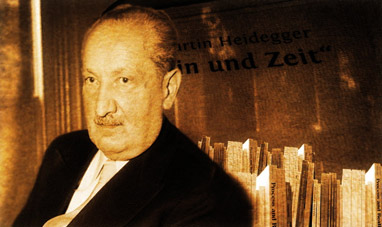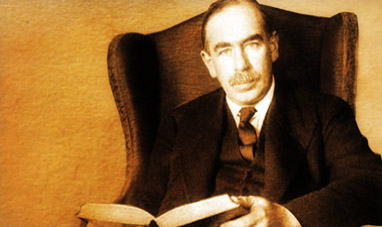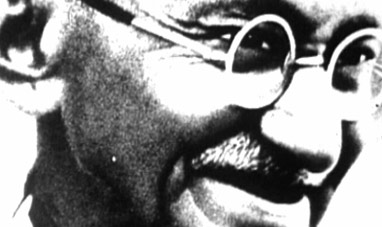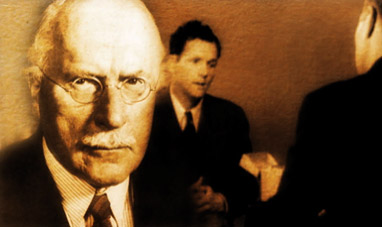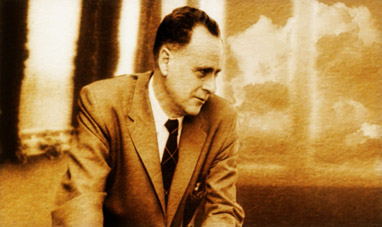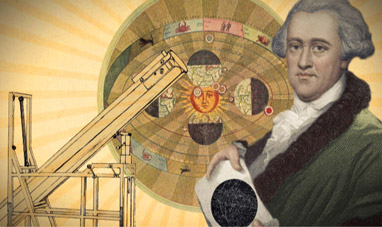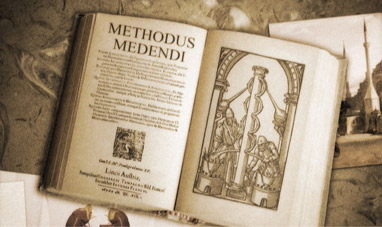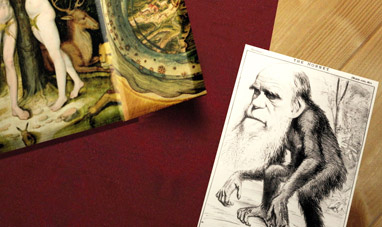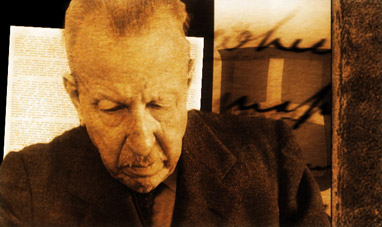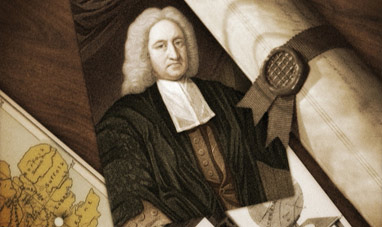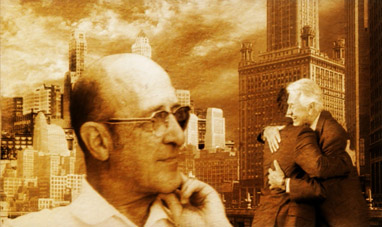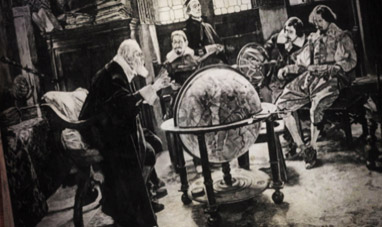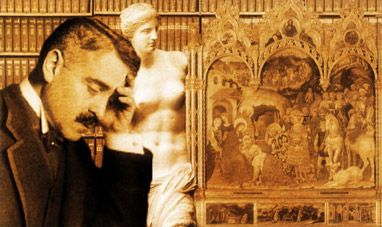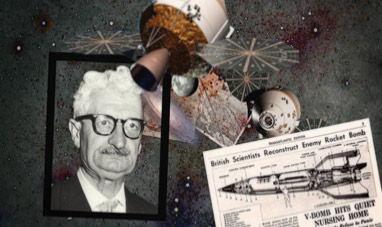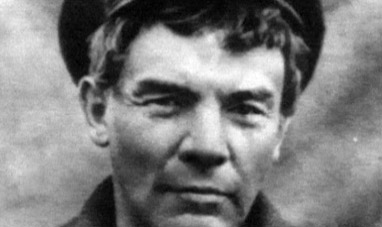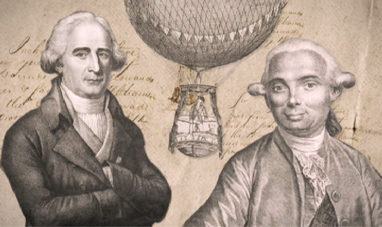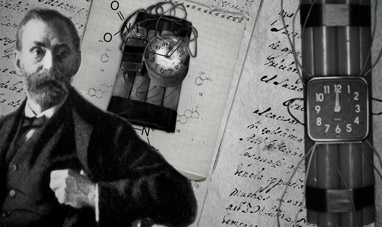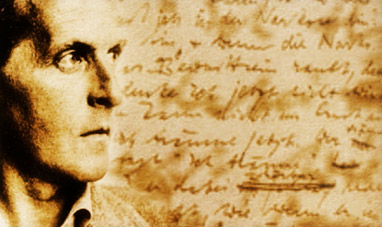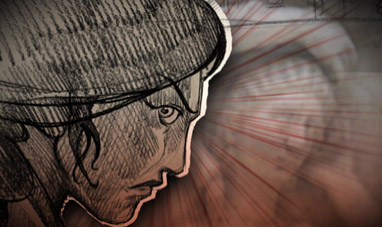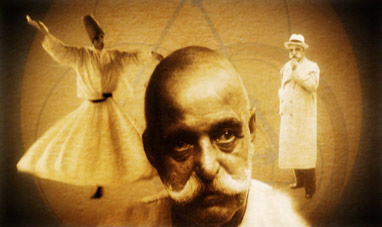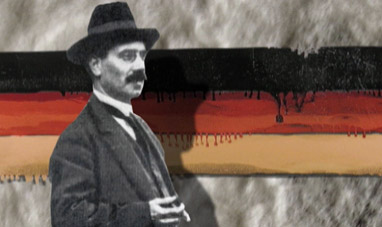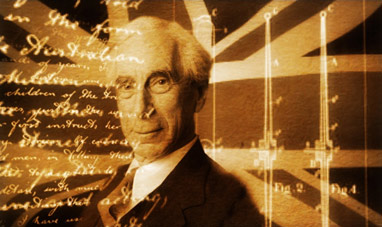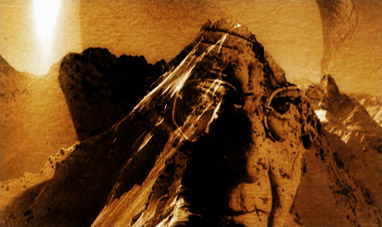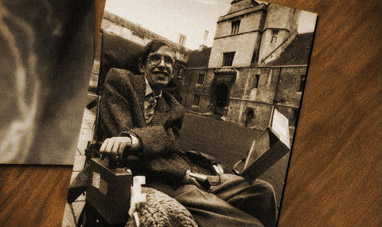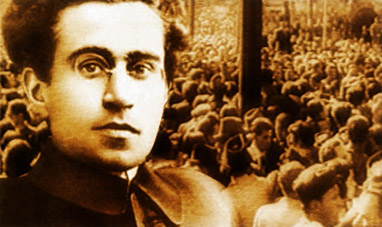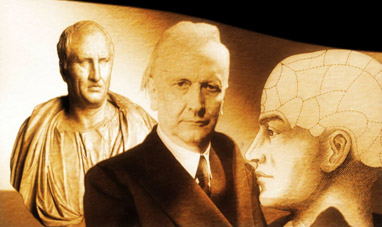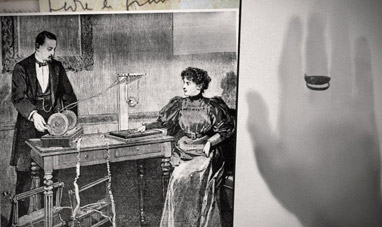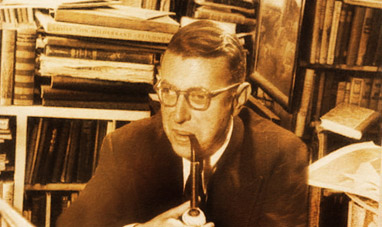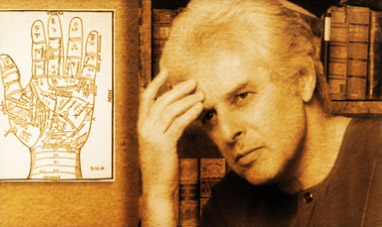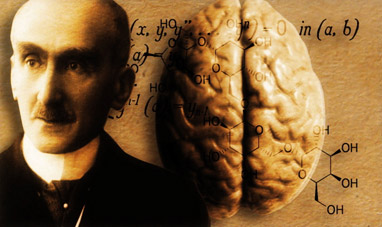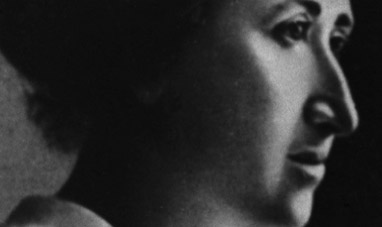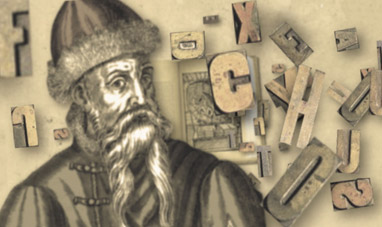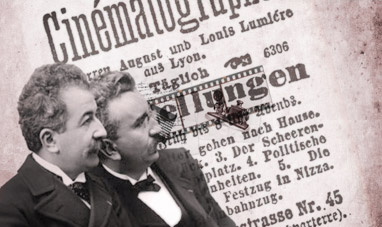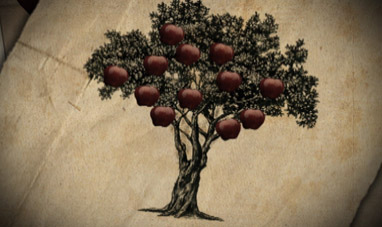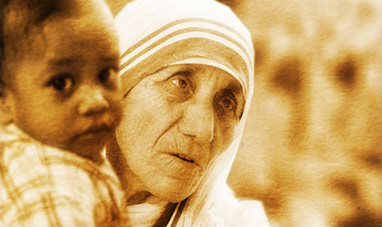Writer, critic and film director Pier Paolo Pasolini was one of the major Italian intellectuals of the 20th Century. He was born in Bologna on March 5, 1922. The family moved frequently, but spent every summer together in Casarsa, in Italy’s Friuli region, where Pasolini’s mother was born. Pasolini began writing poetry when he was very young, both in Italian and the Friuli dialect. After earning a degree in literature from the University of Bologna, Pasolini began teaching at a school near Casarsa. He continued to write, and became active in the Italian Communist Party. But his personal views were already distant from the party’s orthodox positions. For Pasolini, Marxist ideals of social justice coexisted with Christian spiritual values. In 1949 he was suspended from teaching and expelled from the Communist Party after being accused of sexually corrupting a minor. He was cleared of the charges, but the scandal caused by his homosexuality forced him to leave Friuli.
Pasolini moved to Rome, where he began to collaborate with important literary reviews. The first novel he wrote during his time in Rome was The Ragazzi [1955], the story of a group of working class youths, whom Pasolini saw as models of purity. For him, this purity became an aesthetic value. Written in pure Roman dialect, the story faithfully reproduced real life in the city’s outskirts. His book of poetry, Le Ceneri di Gramsci [1957], a collection of short poems in triplets full of reflections on the past and present, consecrated Pasolini as a poet. In the late 1950s, he began to make films too, concentrating on life in the Roman working-class suburbs in Accattone! [1961] and Mamma Roma [1962]. He searched for spirituality in the story of Christ in The Gospel According to St. Matthew [1964]. He also reexamined literary and mythological themes. [Oedipus Rex (1967) – Medea (1970)]. Between the 1960s and 1970s, Pasolini became a key participant in Italian cultural debate. He denounced political corruption, the standardization of culture and ideological extremism.
He earned further renown as a critic of the 1968 protests in Italy. In a speech published following clashes in Valle Giulia between demonstrators and the police [The Communist Party is for the young!], Pasolini sympathized with the policemen, who he felt were true sons of the people, while he saw the youths in the protest as representative of the same bourgeois mentality they were claiming to denounce. Pasolini became increasingly critical of Italian society, which he felt only embraced the worst sides of modernity: consumerism and cultural and civil decay. On the night of November 2, 1975, Pasolini was brutally murdered in Ostia. Officially he was killed by a young man named Pino Pelosi, who claimed to be resisting sexual harassment. Years later, this version would prove unfounded. The real reasons for the crime remain a mystery.
Pasolini moved to Rome, where he began to collaborate with important literary reviews. The first novel he wrote during his time in Rome was The Ragazzi [1955], the story of a group of working class youths, whom Pasolini saw as models of purity. For him, this purity became an aesthetic value. Written in pure Roman dialect, the story faithfully reproduced real life in the city’s outskirts. His book of poetry, Le Ceneri di Gramsci [1957], a collection of short poems in triplets full of reflections on the past and present, consecrated Pasolini as a poet. In the late 1950s, he began to make films too, concentrating on life in the Roman working-class suburbs in Accattone! [1961] and Mamma Roma [1962]. He searched for spirituality in the story of Christ in The Gospel According to St. Matthew [1964]. He also reexamined literary and mythological themes. [Oedipus Rex (1967) – Medea (1970)]. Between the 1960s and 1970s, Pasolini became a key participant in Italian cultural debate. He denounced political corruption, the standardization of culture and ideological extremism.
He earned further renown as a critic of the 1968 protests in Italy. In a speech published following clashes in Valle Giulia between demonstrators and the police [The Communist Party is for the young!], Pasolini sympathized with the policemen, who he felt were true sons of the people, while he saw the youths in the protest as representative of the same bourgeois mentality they were claiming to denounce. Pasolini became increasingly critical of Italian society, which he felt only embraced the worst sides of modernity: consumerism and cultural and civil decay. On the night of November 2, 1975, Pasolini was brutally murdered in Ostia. Officially he was killed by a young man named Pino Pelosi, who claimed to be resisting sexual harassment. Years later, this version would prove unfounded. The real reasons for the crime remain a mystery.

